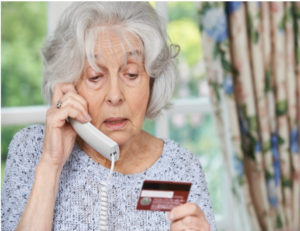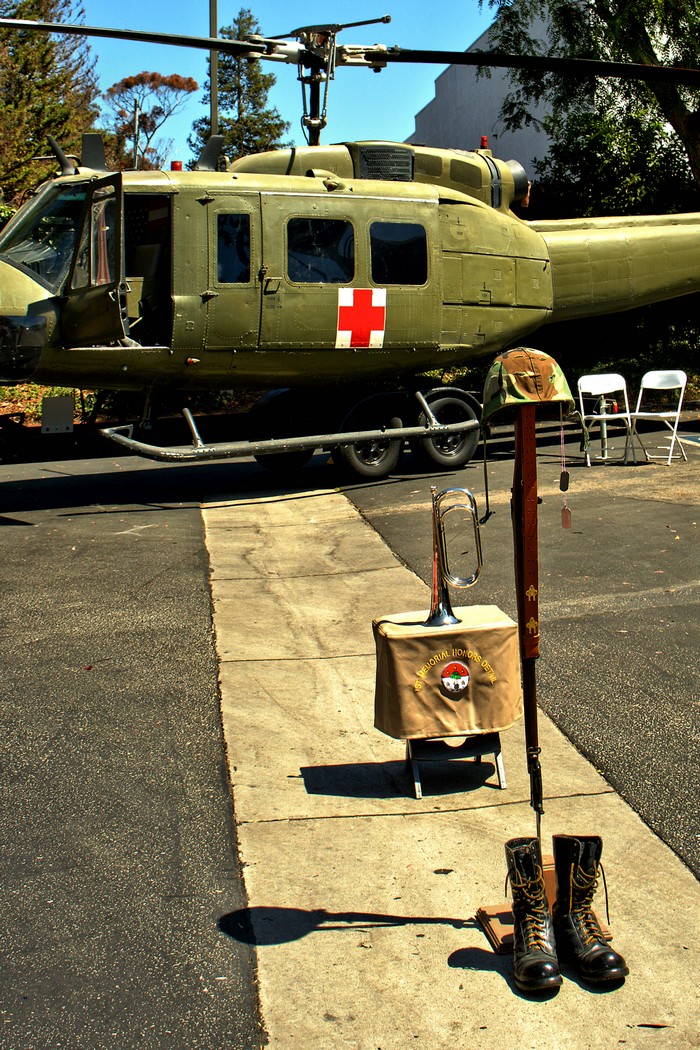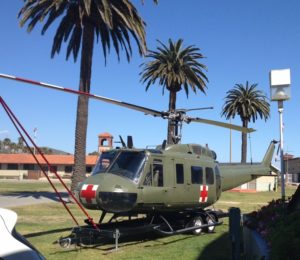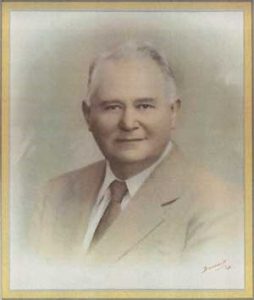 Buying a gift card for a graduate in your life? Choose wisely. In the store, thieves can remove gift cards from racks, copy the codes, and then dial the number on the back of the card to learn when they were activated and their value for online spending or to clone cards for in-store use. Purchase gift cards directly from a store cashier, customer service counter or the company’s website. The cashier should scan and activate the card in your presence. And get a receipt in case there’s a problem.
Buying a gift card for a graduate in your life? Choose wisely. In the store, thieves can remove gift cards from racks, copy the codes, and then dial the number on the back of the card to learn when they were activated and their value for online spending or to clone cards for in-store use. Purchase gift cards directly from a store cashier, customer service counter or the company’s website. The cashier should scan and activate the card in your presence. And get a receipt in case there’s a problem.
Don’t let scammers ruin your summer vacation. One way thieves prey on travelers is through front-desk fraud. Hotel guests receive a call in the middle of the night, supposedly from the front desk. There’s a problem with your payment, the caller says, asking you to confirm your credit card number. Only it’s not hotel staff calling (they’d wait until morning); it’s a scammer using a lobby phone. Never give your account numbers in unsolicited calls; contact the front desk yourself.
Getting calls from debt collectors? They might be fake if the person is trying to collect on a loan you don’t recognize, asks you for sensitive information, or uses threats to try to scare you into paying. Tell the caller you won’t discuss the debt unless they provide a written notice that includes the debt amount, the name of the creditor, and your rights under the federal Fair Debt Collections Practices Act. Never give out or confirm personal financial or other sensitive information unless you know who you’re talking to. If the debt is legitimate, but the collector may be a fake, contact your creditor about the calls.
Scammers are creating fake websites that look like known and trusted news sites to sell “brain booster” pills. They post bogus articles about the pills with endorsements from people like Stephen Hawking and Anderson Cooper (neither has endorsed any such product). The site then links you to the sales page for the pills where you can place an order with a credit or debit card. The scammers claim the pills will lead to an increase in concentration and memory recall, but there is no evidence to support these claims, according to the Federal Trade Commission. It’s always a good idea to consult with your doctor before purchasing health products.
Be a fraud fighter! If you can spot a scam, you can stop a scam.
Report scams to local law enforcement. Contact the AARP Fraud Watch Network at www.aarp.org/fraudwatchnetwork for more information on fraud prevention.



